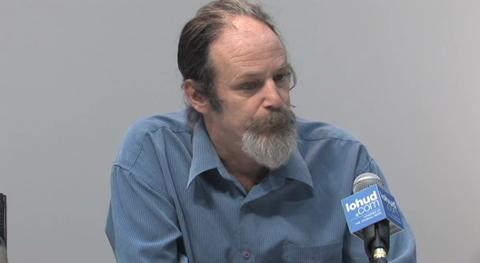
D. J. Jaffe’s name has been popping up in news articles lately, most often defending Rep. Tim Murphy’s mental health legislation. I noticed a quote from him earlier this week in a special report entitled THE COST OF NOT CARING: NO WHERE TO GO — The financial and human toll for neglecting the mentally ill published by USA Today medical writer, Liz Szabo, a reader of this blog. D.J. is a familiar figure having been involved in the National Alliance on Mental Illness and the Treatment Advocacy Center before starting his own non-profit advocacy group called Mental Illness Policy Org.
I bumped into him on Capitol Hill recently and suggested he write a guest blog for me, which he has kindly done. (I also extended invitations to advocates who share a different point of view than his but they have yet to respond.)
8 MYTHS ABOUT SERIOUS MENTAL ILLNESS by D.J. Jaffe
These myths about serious mental illness in the United States are believed by many mental health advocates and cause Congress to waste money and fail to implement policies that can improve care and keep patients, the public and the police safer.
1. All mental illness is serious.







